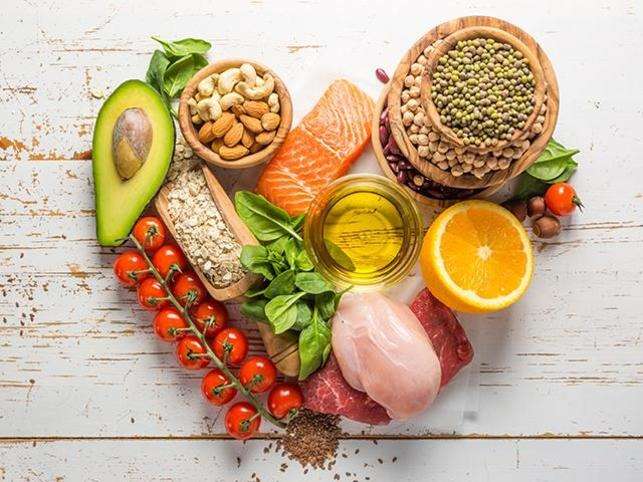When we look at the nature of the web, we find that there is a plethora of information which is available out there. But the question remains: how to sort out facts from fiction? There is a lot of diet myths on the web. To break the insidious chain of food myths, here we are exposing five of them for you:
Note: reality may hurt you and you may need to supplant many things in your kitchen in this way, prepare yourself!
Myth: Organic sustenance is more nutritious than ordinary nourishment.
Truth: It is 100% true that natural vegetables have more elevated amounts of cell reinforcements and lower levels of pesticides, but there is no considerable evidence of the way that natural nourishment is more nutritious. An investigation by Stanford researchers asserts that the sustenance levels of natural nourishment are only a little higher contrasted with ordinary sustenance and it has no effect in impacting the health of the person at all.
Myth: Diet Sodas stop you from putting on weight.
Truth: Diet soda is no good, thanks to the artificial sweeteners used in it. As indicated by numerous studies, the artificial sweeteners keep on making you feel hungry, which means you must eat more, and in turn gain more calories. A study in the American Journal of Public Health found that adults who are into drinking soda have chances of gaining weight.
Myth: Night calories are more stuffing than day calories.
Truth: According to John Foreyt, Ph.D., Director of the Behavioral Medicine Research Center at Baylor College of Medicine, “Calories are calories and it doesn’t matter what time you eat them. What matters are the total calories you take in.” It is perfect to have less calories at night because the body won’t be doing anything to burn them.
Myth: Having additional protein will enable you to form muscle.
Truth: Muscle building is a mix of the training and the correct eating routine. Having additional protein does not help in constructing the muscle as the additional protein either gets put away as fat or consumed for energy. As per Roberta Anding, Certified Specialist in Sports Dietetics, “The timing of the protein is really important. After resistance training, consuming a source of protein, such as whey along with carbohydrates has been shown to build muscle.”
Myth: All home grown products are safe.
Truth: Since home grown products and supplements are not controlled, the immaculateness level of the home grown substance in the sustenance thing differs from product to product and brand to brand. It is essential to realize that ‘natural’ doesn’t generally signify ‘healthy.’ Many common products have symptoms that may debilitate a person’s system as opposed to strengthening it.

